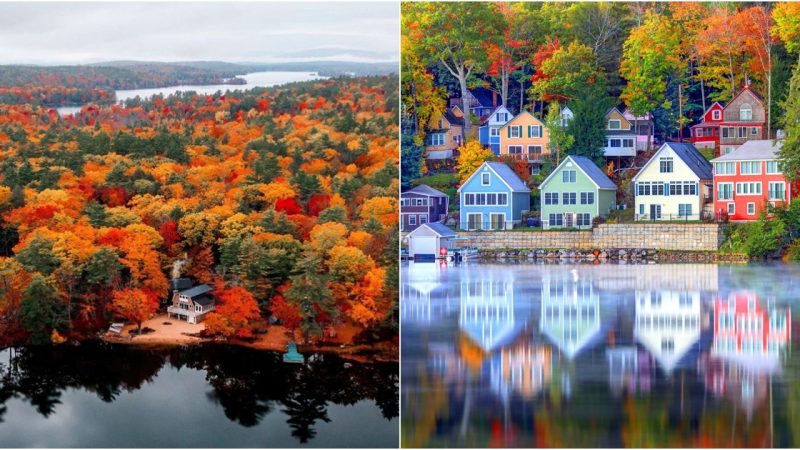Native Wisdom: The Value of Land and Culture
Native wisdom is deeply rooted in the understanding and appreciation of the interconnection between land and culture. Indigenous communities around the world have maintained a profound bond with their ancestral territories, recognizing the inherent value of the land as a vital part of their identity, spirituality, and overall well-being. This article explores the significance of land and culture within indigenous societies, shedding light on the wisdom they offer to humanity and the challenges they face in the modern world.
For indigenous peoples, land is not merely a piece of property but a sacred entity filled with spiritual significance. The land embodies their ancestors’ wisdom, teachings, and customs, passed down through generations. It serves as a living testament to their historical struggles, triumphs, and deep-rooted cultural practices. Native communities often express their respect and gratitude towards the land through rituals, ceremonies, and stories, reinforcing their spiritual connection with nature.
Central to native wisdom is the understanding of the delicate balance between humans and nature. Indigenous communities have long practiced sustainable land management, relying on traditional knowledge and practices to preserve biodiversity and protect natural resources. Their ecological stewardship highlights the importance of living in harmony with the environment, ensuring its sustainability for future generations.
Land and culture are intricately interwoven in native societies. The preservation of ancestral territories is vital for safeguarding indigenous languages, traditional crafts, arts, and practices. As these communities face the pressures of globalization and modernization, protecting their lands becomes a critical aspect of maintaining their unique identities and cultural heritage.
Native wisdom also recognizes the therapeutic qualities of the land. Many indigenous cultures believe in the power of nature to heal physical and spiritual ailments. Natural remedies and medicinal plants found on their ancestral lands are an integral part of their traditional healing practices. Additionally, being connected to the land provides a sense of belonging and purpose, contributing to the overall well-being of indigenous individuals.
Despite the profound value of land and culture, indigenous communities often face significant challenges in preserving their way of life. Expanding industries, deforestation, land encroachment, and resource extraction threaten their ancestral territories and disrupt their sustainable practices. Additionally, forced displacement, discrimination, and marginalization further jeopardize their cultural integrity and social cohesion.
The world can learn valuable lessons from native wisdom concerning the relationship between humans and the environment. Embracing the principles of sustainable living, environmental stewardship, and cultural diversity can offer solutions to global challenges like climate change and loss of biodiversity. Acknowledging and respecting the knowledge of indigenous communities can lead to collaborative efforts towards a more harmonious coexistence with nature.
The wisdom of indigenous peoples in recognizing the value of land and culture is a testament to the enduring resilience of their communities. Their profound connection to the land, combined with a deep understanding of sustainability, offers valuable insights for addressing modern-day challenges. To build a more sustainable and inclusive future, it is essential to respect and protect the ancestral territories and cultural heritage of indigenous communities, valuing the wisdom they offer to humanity as a whole.
Hits: 1









